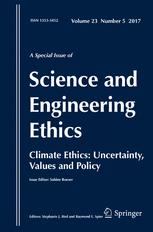 A surgery journal retracted a 2014 paper last month after discovering that the study has “no scientific validity.”
A surgery journal retracted a 2014 paper last month after discovering that the study has “no scientific validity.”
Mario Schietroma and his coauthors, based at the University of L’Aquila in Italy, reported that giving patients high concentrations of oxygen during and after colorectal surgery significantly reduced their risk of infections. Although the authors reported significant p-values, the retraction notice states that, “upon recalculation, no p-values were close to significant.” The University of L’Aquila told Retraction Watch it is investigating, but did not provide details. Continue reading Paper used to support WHO guidelines on preventing infections “has no scientific validity”
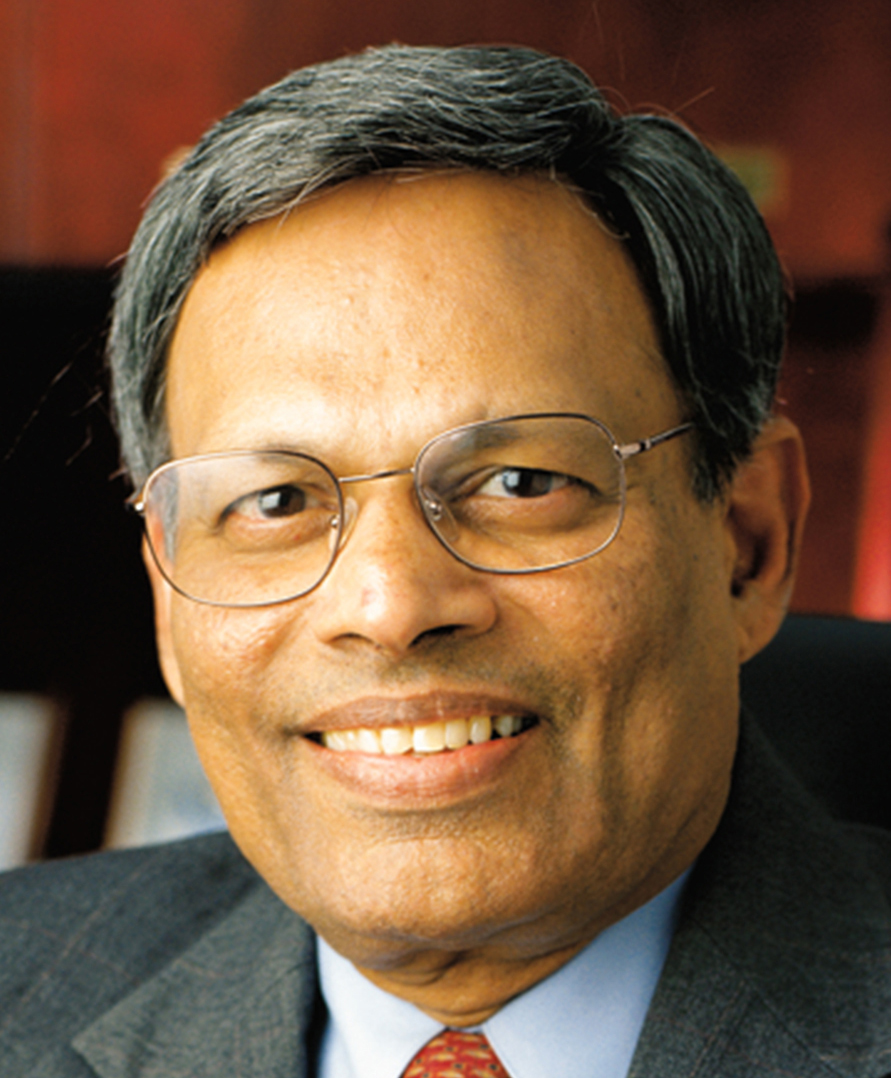

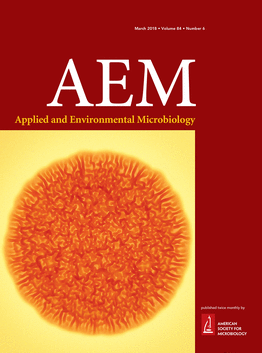 A biology journal has retracted a 2011 paper after the
A biology journal has retracted a 2011 paper after the 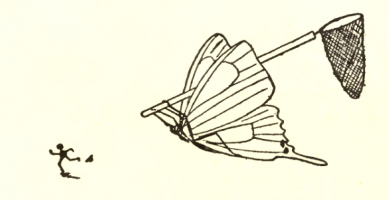
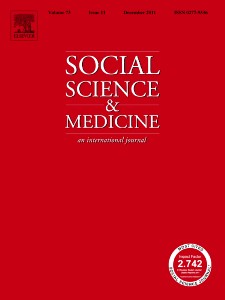
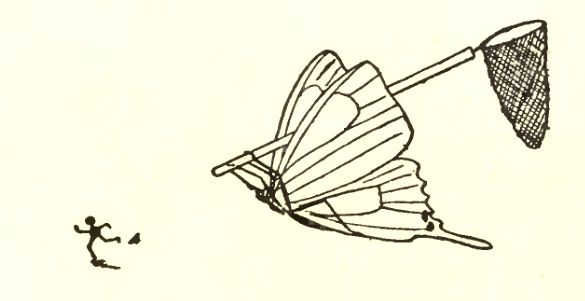 Title:
Title: 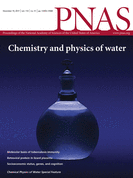 In 2016, researchers at Oregon State University published a paper in
In 2016, researchers at Oregon State University published a paper in 
